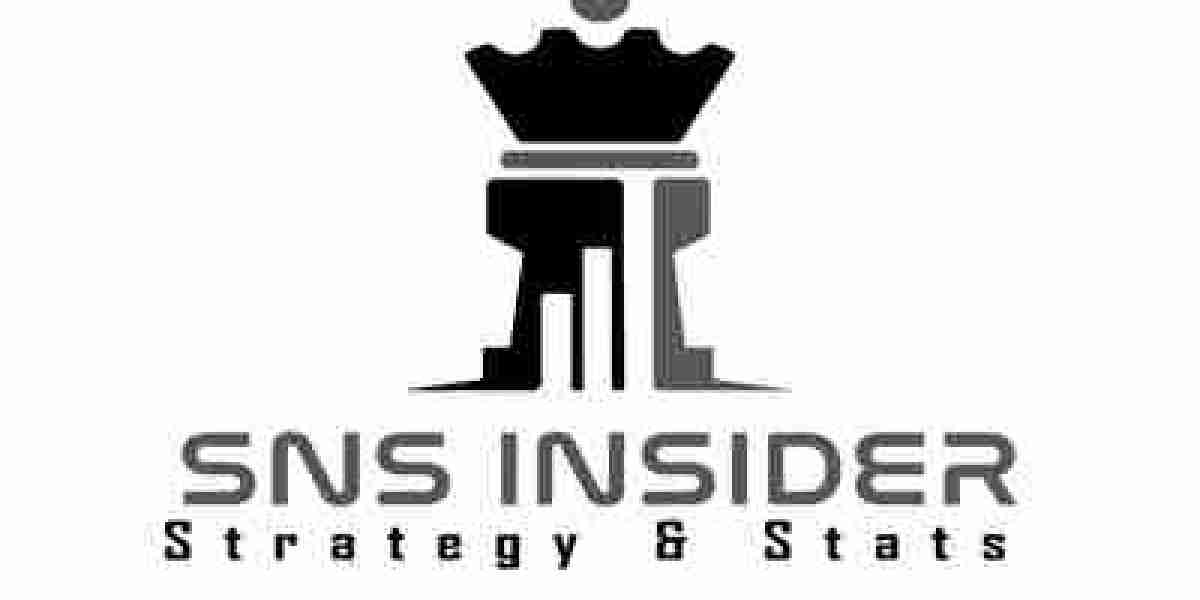In the dynamic world, Laravel for web development has appeared as a leading PHP framework, providing several advantages that serve different development needs. Known for its elegant syntax, robust features, and scalability, Laravel streamlines the web development process, making it a popular choice among developers worldwide. Whether you’re building a simple website or a complex application, Laravel provides a comprehensive and efficient environment for crafting high-quality web solutions. Its adaptable set of features not only smoothens the development procedure but also improves the overall quality and operativity of web applications.
What is Laravel?
Laravel is an advanced PHP framework that is famous for its robust structure and coding style, Laravel eases and fastens the web development process. It offers a rich set of operativities that include a powerful ORM, and an easy authentication system that contributes to its powerfulness. Laravel's MVC (Model-View-Controller) architecture ensures clarity between logic and presentation, facilitating maintainable and scalable code. Furthermore, Laravel web development services are widely sought after due to Laravel's strong emphasis on security features, efficient task management and scheduling, and its extensive ecosystem that includes tools like Laravel Mix and Blade templating engine.
Advantages of Laravel Framework:
MVC Architecture:
Laravel’s selection of the model view controller(MVC) architecture is an outstanding benefit that is responsible for its fame in the area of website development services. This architecture segregates the application into three interconnected components, promoting a clean and organized coding structure. The Model handles the data and business logic, the View presents the data, and the Controller mediates input and converts it to commands for the Model or View. This separation not only streamlines development and maintenance but also enhances scalability and performance. MVC architecture in Laravel ensures a clear and systematic approach to building web applications, making it easier to manage and evolve them over time.
Eloquent ORM:
Laravel's Eloquent ORM is a feature-rich, active record implementation that makes working with databases highly intuitive. It offers a unique, simple ActiveRecord execution for working with your database. Each database table has a parallel "Model" which is utilized to connect with that table. This simplifies the data retrieval and manipulation process, allowing developers to use PHP syntax instead of writing SQL code. The ORM's ability to handle complex joins, transactions, and relationships while maintaining simplicity for the developer is unparalleled in PHP frameworks. It's particularly useful for applications requiring heavy database interactions, providing an efficient way to query and manipulate data.
Blade Templating Engine:
Laravel's Blade templating engine is incredibly flexible, allowing developers to use plain PHP code in their views, making templates simpler, easier, and more intuitive. Blade views are compiled into plain PHP code and cached until they are modified, meaning Blade adds essentially zero overhead to your application's load time. It also offers template inheritance and sections, providing a convenient way to organize and manage layouts in a web application. This reduces the amount of repetitive code and enhances the efficiency of the development process, especially in large applications with numerous views.
Artisan Console:
Laravel's Artisan Console is a powerful feature that streamlines many repetitive tasks that developers face during the project lifecycle. From generating boilerplate code to managing database migrations, Artisan saves valuable time and reduces the likelihood of errors. The ability to create custom commands tailored to the specific needs of the application further extends its utility. This tool is especially beneficial in large-scale projects where such repetitive tasks can become cumbersome. Artisan not only speeds up the development process but also ensures a higher degree of code consistency across the application.
Security Features:
Laravel's approach to security is comprehensive, encompassing everything from authentication to protecting against vulnerabilities. Its security features are created in such a way that they provide strong protection without needing additional manual interference from developers. For instance, its user authentication system is straightforward to implement, yet it offers powerful features like password hashing, password reset functionality, and encryption. Laravel shields apps from common web threats such as SQL injection, and cross-site scripting attacks, making it a protected framework for creating web applications.
Authentication System:
Laravel simplifies the implementation of authentication systems, providing out-of-the-box configurations for many aspects of this complex area. It supports various user authentication methods, including OAuth, and provides a way to organize authorization logic and control access to resources within the application. The ease of setting up and handling regulations in laravel saves developers significant time and effort, permitting them to concentrate more on developing the application’s main features. This ease of use may not accommodate the safety and strongness of the authentication system, making it a trustworthy choice for any web app.
Professional Services:
Choosing professional Laravel development services can significantly enhance the quality of a web application. These services typically comprise teams of experienced Laravel developers who bring their extensive knowledge and expertise to the table. They can help in creating custom solutions that are perfectly aligned with business requirements. From planning and development to deployment and maintenance, these services cover all aspects of web application development. Professional Laravel developers can also provide insights and recommendations on the best practices, latest trends, and efficient use of Laravel’s features, contributing to a more robust and scalable web application.
Scalability:
Its built-in support for different caching systems and database indexing, along with its queue system for handling tasks asynchronously, ensures that Laravel applications can handle increased loads with ease. This scalability extends to the structure of the code as well. Laravel's modular design allows developers to add more features and functionality as needed without affecting the existing system significantly. This makes it possible to adapt and expand web applications in line with evolving business needs, ensuring longevity and relevance in a dynamic market.
Task Scheduling and Management:
Laravel's built-in task scheduling and management functionalities replace the need for a separate task scheduling server, simplifying the management of periodic tasks. This feature is especially beneficial for tasks like sending out emails, cleaning up databases, or gathering data from third-party sources. With Laravel’s scheduler, these tasks can be planned and executed with minimal setup, enhancing the application's efficiency and reliability.
Community Support and Resources:
Laravel's large and active community is a valuable resource for developers. This vibrant community contributes to a vast array of tutorials, forums, and documentation, making it easier for developers to learn and solve problems. The extensive community support also means that Laravel is continuously evolving, with new packages and tools being developed regularly.
Authentication System:
Laravel simplifies the implementation of authentication systems, providing out-of-the-box configurations for many aspects of this complex area. It supports various user authentication methods, including OAuth, and provides a way to organize authorization logic and control access to resources within the application. The ease of setting up and managing regulations in Laravel saves developers time and effort, permitting them to concentrate more on the application’s main features.
Community Support and Resources:
Laravel has a large and active community. This community support means abundant resources, tutorials, and forums are available for developers. This extensive support system is invaluable for solving problems, learning new techniques, and staying updated with the latest Laravel developments.
Expertise and Experience:
A website development company specializing in Laravel can provide a high level of expertise and experience. These companies have in-depth knowledge of Laravel Framework and can easily handle difficult web development projects, delivering high-quality solutions that meet special business necessities.
Conclusion:
Laravel emerges as a formidable PHP framework, perfectly suited for a diverse array of web development endeavors. Its array of attributes, from the efficient MVC architecture to extensive security measures and rich libraries, positions it as a preferred framework among developers seeking functionality, scalability, and robustness. Laravel eases the difficulty of web development, creating an environment to build top-notch quality, apps. Enhanced by strong community support and regular updates, Laravel continues to stay relevant and powerful in the ever-evolving landscape of web technology.









